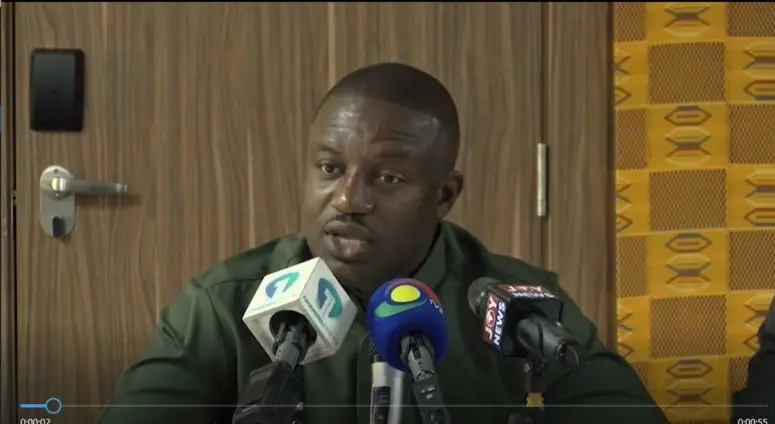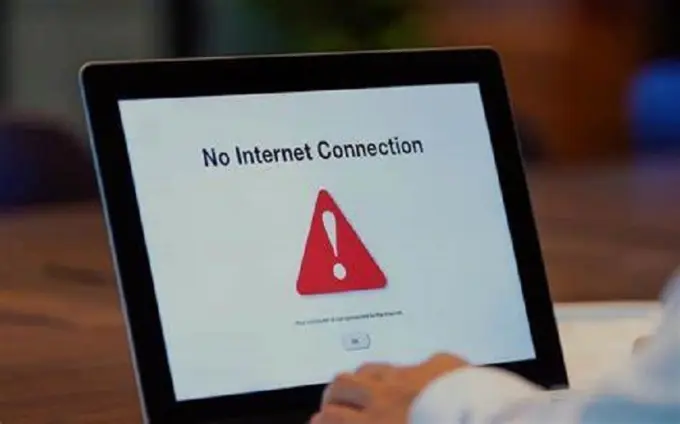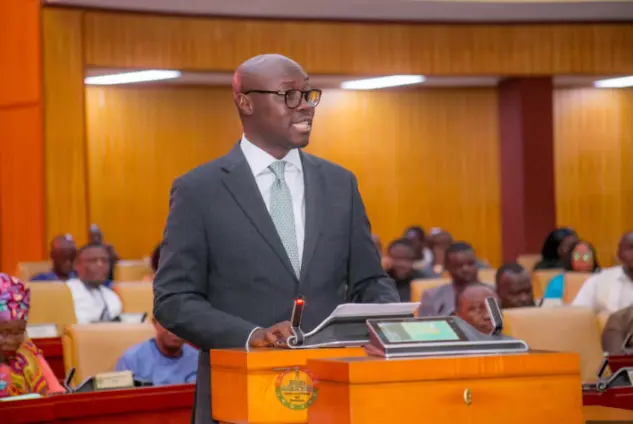The United States’ acceptance of a Boeing 747 from Qatar, intended for the Air Force One fleet, has ignited a debate stretching from Capitol Hill to cable news. This gift, a jet estimated to be worth $400 million, has drawn criticism, raising questions about legality, costs, and ethics. The offer and acceptance of this Qatar Air Force One Gift has surprised many. While Chief Pentagon spokesman Sean Parnell maintains the acceptance aligns with federal rules, the optics of a foreign nation providing such a significant asset to the U.S. presidential fleet remain under scrutiny. The questions being asked are: What motivated this gift? How will it be integrated into the Air Force One program? And what are the long-term implications for U.S. foreign policy?
The saga began quietly, with initial reports suggesting a routine transaction. However, as details emerged, the scale and nature of the gift became clear, prompting concern from lawmakers and the public alike. The core of the issue lies in the intersection of international relations, constitutional law, and the practicalities of maintaining the U.S. presidential air fleet. This article delves into the heart of this controversy, examining the justifications, the potential pitfalls, and the broader context surrounding this unusual arrangement.
Chief Pentagon spokesman Sean Parnell offered a concise explanation: “The secretary of defence has accepted a Boeing 747 from Qatar in accordance with all federal rules and regulations.” But this statement has done little to quell the rising tide of questions.
“They’re giving us a gift,” President Trump stated, adding that turning it down would be “stupid.” He also claimed it was a “very public and transparent transaction” on Truth Social.
These words, however, have not satisfied critics who point to the potential complications and ethical considerations involved.
From the Qatari perspective, Prime Minister Sheikh Mohammed bin Abdulrahman bin Jassim Al-Thani framed the transfer as a “government-to-government transaction” with no strings attached.
The crucial question is, how did this arrangement come to pass, and what does it mean for the future of Air Force One?
One of the most pressing concerns revolves around the potential costs associated with retrofitting the Qatari Boeing 747 to meet the stringent requirements of Air Force One. Mark Cancian, a senior adviser at the Center for Strategic and International Studies (CSIS), estimates that these retrofitting efforts could reach a staggering $1 billion.
The modifications needed are extensive and complex. The aircraft would require the installation of advanced communication systems, secure networks, and defensive measures to protect against various threats, including an electromagnetic pulse from a nuclear blast. In-flight refueling capabilities would also need to be added to ensure the plane can travel long distances without landing.
Given the scale of these modifications, the timeline for completing them could stretch over several years. This raises the question of whether accepting the Qatar Air Force One Gift will actually expedite the modernization of the Air Force One fleet, or if it will introduce further delays and complications.
The legal and ethical dimensions of accepting the Qatar Air Force One Gift have sparked intense debate, focusing primarily on the Emoluments Clause of the U.S. Constitution. This clause prohibits government officials from accepting gifts from foreign states without Congressional approval, a stipulation that has not been met in this instance.
President Trump has argued that the gift is permissible because it is being given to the Department of Defense, not to him personally, and because he won’t be using it after leaving office. However, this argument has not convinced many legal scholars, who point out that the Emoluments Clause applies broadly to the U.S. government as a whole.
Republican lawmakers have voiced strong concerns about the Qatar Air Force One Gift. Senator Rand Paul expressed worries over the “appearance of impropriety” and its potential impact on the U.S.’s ability to impartially judge Qatar’s human rights record. Senator Ted Cruz echoed these concerns, raising questions about potential “significant espionage and surveillance problems” associated with accepting such a gift from a foreign nation.
The existing Air Force One fleet consists of two Boeing 747-200 jets, which have been in service since 1990. These aircraft have served presidents for decades, but they are nearing the end of their operational lifespan and are in need of replacement.
Boeing is under contract to provide two new 747-8s to replace the aging fleet. However, this project has faced numerous delays and cost overruns, leading to frustration within the government. Trump himself has expressed displeasure with Boeing’s handling of the contract.
These delays mean the new aircraft won’t be available for at least two or three more years, creating a pressing need to find an interim solution. Trump’s visit to the Qatari plane in Palm Beach shortly after the start of his second term suggests he may have seen it as a potential way to bridge this gap.
The acceptance of the Boeing 747 from Qatar for the Air Force One fleet remains a contentious issue. While the U.S. government and Qatar insist it’s a legitimate government-to-government transaction, concerns linger regarding the legal implications, the substantial cost of modifications, and potential ethical conflicts. The gift has sparked debate among lawmakers and the public alike. As the U.S. moves forward, the Qatar Air Force One Gift situation highlights the complexities of international relations and the importance of adhering to constitutional principles. Further scrutiny is anticipated as the retrofitting process unfolds.
Image Source: MYJOYONLINE






















